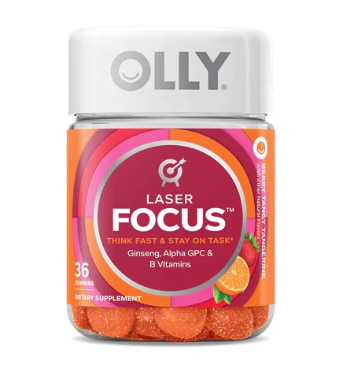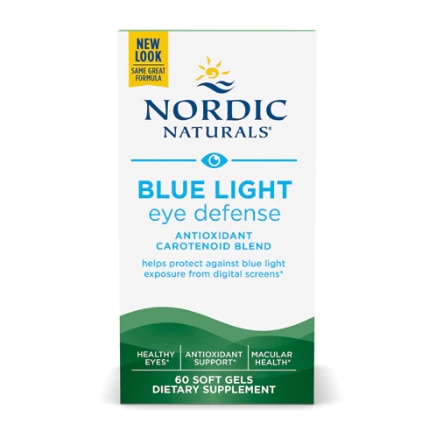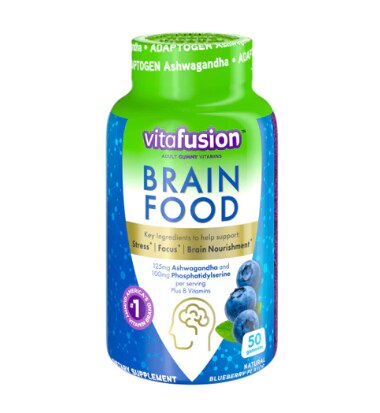In the medical world, the artificial intelligence-driven ChatGPT chatbot is raising eyebrows and concerns.
A paper published in May 2023 by the journal Frontiers in Artificial Intelligence noted that ChatGPT offers a number of advantages in the medical field. For instance, the technology can assist with research, diagnoses and patient monitoring.
However, the paper’s authors also stressed the ethical implications of ChatGPT, including the potential for plagiarism, erroneous information and copyright infringement.
But should those same considerations apply to the use of ChatGPT by everyday folks to possibly improve their health and wellness? Perhaps not. Nevertheless, the general population should proceed with caution in the fast-moving ChatGPT universe.
What is ChatGPT?
Before we dive into how you might employ ChatGPT to boost your health and wellness, let’s take a look at what this technology does.
As the TechTarget website explains, ChatGPT is an AI-powered chatbot that relies on natural language processing to create humanlike dialogue. Based on prompts written by a human user, ChatGPT can respond to questions and compose various pieces of content, including articles, social media posts and emails. In the context of health and wellness, it can come up with everything from workout programs and diet plans to meditation instructions and vitamin regimens.
How to Use ChatGPT to improve your health and wellness
Before you start depending on ChatGPT to steer you toward losing 20 pounds or becoming a meditation guru, keep in mind that the technology is prone to supplying incorrect information. In other words, it’s not entirely trustworthy.
“This AI-powered chatbot is undeniably helpful and can help you in various ways, but it’s always worth verifying whether the information it provides is factual,” the MakeUseOf website points out.
So, if you’re turning to ChatGPT to devise a diet plan, for example, take the information it spits out with not just a grain but a shaker of salt.
Still, ChatGPT might be a useful tool to put in your health and wellness toolbox. Courtesy of MakeUseOf, here’s an example of how ChatGPT might help you set some health goals:
You could tell ChatGPT, “I sit a lot for work and often eat fast food. What are some health goals I could set?” Based on this, ChatGPT could suggest goals like taking regular breaks to stretch, incorporating more whole foods into your meals, or setting a healthier sleep schedule.
There’s nothing wrong with that advice, right? It’s pretty straightforward.
But beyond basic suggestions, be careful about how you act upon what ChatGPT tells you. Always fact-check complicated health information, such as how to diagnose an illness or what dosages of medication you should take. Otherwise, you could end up doing more harm than good.
The Ditch That Textbook website supplies several ways that ChatGPT can safely assist with health and wellness issues:
- Suggesting methods for coping with anxiety.
- Planning activities for practicing self-care and mindfulness at work.
- Providing guided meditation.
- Offering a mood-boosting pep talk.
Of course, such advice should never replace help from a health care professional. For instance, you should not leave it to ChatGPT to determine the cause of a racing heart or diagnose a mental illness. Those conclusions should be made by people, not machines.
“The app isn’t always 100% accurate … . But the text it produces can be used as a starting point for further research and analysis,” says MyHealthyApple.com. “Once you know that, you can use it as the foundation for various health and fitness tasks.”
ChatGPT: An extension of ‘Dr. Google’
ChatGPT represents an evolution in leaning on technology to answer health and wellness questions.
For years, people have been combing the internet for medical advice — such as what’s causing certain health symptoms — as part of the so-called “Dr. Google” phenomenon. Google reports that three-fourths of U.S. adults head to the internet first in their hunt for health information. In too many situations, though, Dr. Google has given the wrong prescription for handling medical problems.
“To be clear, there is nothing wrong with seeking information about health-related topics online,” says Infermedica, which offers an AI-powered platform that helps doctors supply safe, reliable care to their patients.
In fact, online symptom checkers tend to be more accurate than simple Google searches. Why? Because they’re created with guidance from medical professionals and backed by science, according to Infermedica.
But, as Infermedica notes, looking up information about symptoms on search engines can often produce misleading results since the data fails to take into account the full picture of someone’s health.
“The practice could either unnecessarily alarm patients or give false reassurance, [with] both outcomes being dangerous,” Infermedica advises.
Today, the same sort of warning could accompany health and wellness information cranked out by ChapGPT and its AI cousins. A study that was published online in February 2023 by the journal Research Square but hadn’t yet been peer-reviewed highlighted the importance of ongoing evaluation and regulation of AI-generated health information.
“Medical professionals and patients should be aware of the limitations,” says the study, “and actively check AI-generated medical information with trusted sources.”




